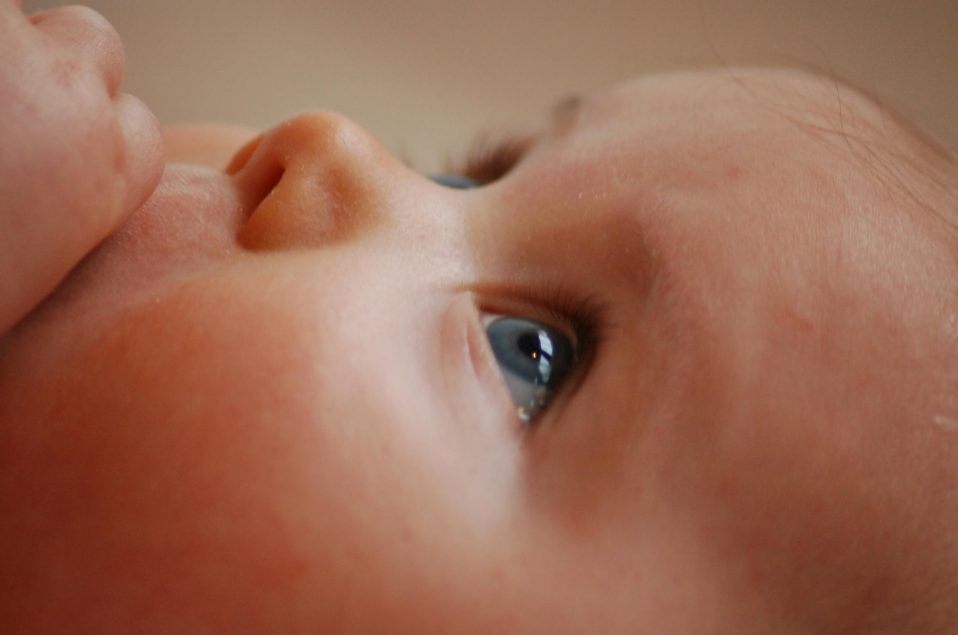When we present our children for baptism, we acknowledge in the Form for the Baptism of Infants that our children are “conceived and horn in sin.” In a recent discussion it became evident that this is generally understood to mean that both conception and birth are sinful acts or events.
But what is conception? And what is birth? At conception a sperm penetrates an unfertilized egg, and thus a zygote is formed, and this single-celled structure then develops into a fetus, which, in due time, is born as a baby. Birth is the change from a comfortable, warm and wet environment in the uterus of the mother, to the cold, harsh environment of our society. It is also the entry into a home. and the beginning of active participation in family affairs.
The question now is. What is sinful about either of these two events? Is it sinful on the part of the egg or the sperm to be united together? Certainly, individual cells, before fertilization. cannot sin! Is the resulting one-celled zygote. then. guilty of sin in its being formed from the union of egg and sperm? But this is God’s plan for starting a new human life. And there is no other way to start. Therefore, we cannot say that it is sinful to become a human being. Then, could it be that the mother is sinning in that she produces the ovum or that she provides the location for fertilization? Scripture clearly says that children are a blessing from the Lord. For that reason, producing an egg, or sperm, or nurturing a developing fetus, cannot be called a sinful act, and cannot be displeasing to the Lord! Well, docs the sin then Ii(, strictly in being born? Obviously. that question is rhetorical. Being born is not a sin. but an event for which we nre deeply grateful to God, the Giver of life!
When we ask, then, where the sin lies when we speak of being “conceived and born in sin” we have to come to the conclusion that neither event is sinful. Conception and birth are natural events through which God brings a new human being into the world. Therefore a person does not sin by either starting life at conception or by being born.

What, then, is the meaning of the phrase “conceived and born in sin”? When Adam and Eve disobeyed God in the Garden of Eden and ate of the forbidden fruit, they became sinners. Everything they did after that was done by them as sinners, and what they did was always tainted with sin. And their children were no better than they. They did not have the ability to start out sinless, because they shared in the guilt of their parents. And in all the generations throughout time. all people have started with that same handicap of inherited guilt by sharing in the original sin-of–disobedience of Adam and Eve, There is now no part of life, not even before birth, of which we can say that a person is sinless. And that is what the form of baptism is saying—that this child which is being baptized. has been a sinner in the sight of God not only from birth but even from conception.
Each person, therefore. needs salvation from conception on, and needs cleansing and sanctification through Christ, to be incorporated in God’s covenant with His chosen people.
We must not blame the marvels of conception and birth as being sinful, but remember that we arc sinners from beginning to end.
Professor Aaldert Mennega, Ph.D., teaches Biology at Dordt College in Sioux Center, Iowa. Dr. Mennega writes that he teaches Embryology and that it is one of his favorite courses.
